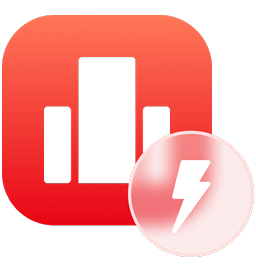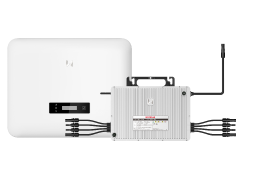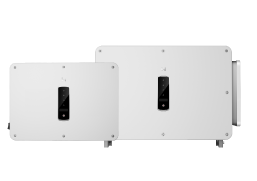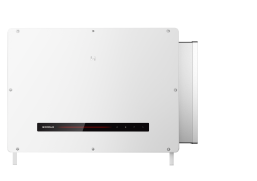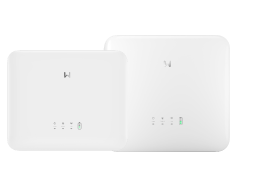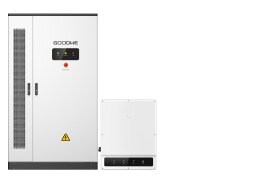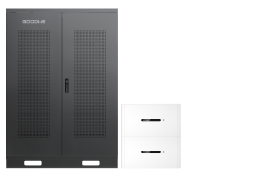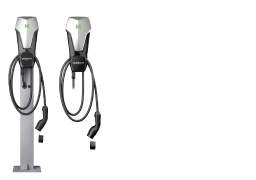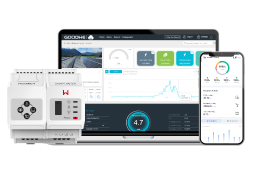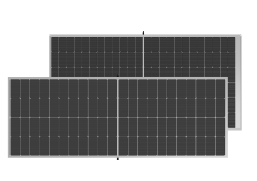This website uses cookies
Through these cookies we collect information about your visit on our website. Respect for your privacy is central to our policy. Detailed information about our privacy and cookie policy can be found in the enclosed sections. In order to proceed now, we ask your permission that you agree with our conditions. Thanks in advance for your cooperation.
Global
 Language
Language
GoodWe listed as most efficient APAC manufacturer in 2021 SPI test
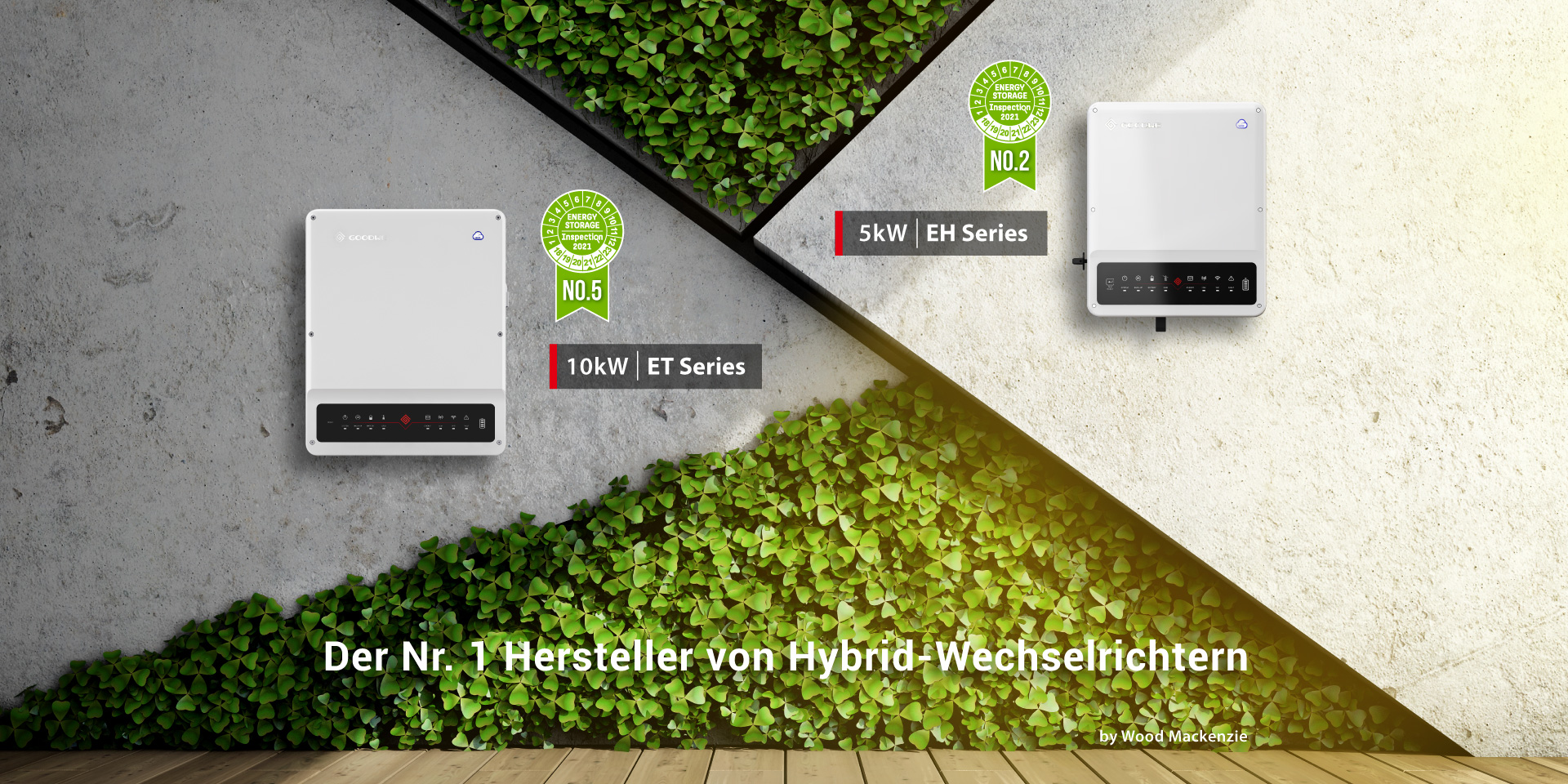
The renowned University of Applied Sciences (HTW) in Berlin recently examined the most efficient home storage systems for PV systems. In this year's PV storage test, GoodWe’s hybrid inverters and high-voltage batteries stole the spotlight once again.
A total of 20 different storage systems in the 5 and 10 kilowatts power classes were examined to determine the System Performance Index (SPI) as part of the "Electricity Storage Inspection 2021". The two GoodWe hybrid inverters tested, GoodWe ET and GoodWe EH, achieved a System Performance Index (SPI) of 93.4% and 91.2% respectively.

With this exceptional system efficiency, the GoodWe 5000-EH successfully secured 2nd place in the smaller reference case (5MWh/a consumption with 5kWp PV). The GoodWe 10k-ET also performed very well and is only 1.7 points away from the best-placed system in the second reference case (10 MWh/a consumption with e-car and heat pump).
The System Performance Index (SPI) determined by the HTW researchers is an economic index and indicates how much the tested storage system reduces electricity costs compared to an ideal storage system. The better the efficiency-related properties, such as conversion efficiencies, control speeds or standby consumption, the higher the cost savings achieved. The difference one point makes in terms of cost can be determined with a high degree of accuracy.
Another focus of the study is the design of PV storage systems. The simulations and analyses carried out show that sizing the PV system as well as the storage system according to demand is particularly important from an economic standpoint. The larger the PV system, the higher the spared CO2 emissions. Any suitable roof surface should be used to produce solar electricity in order to increase the degree of self-sufficiency and reduce CO2 emissions. The use of the two tested GoodWe hybrid inverters 5000-EH and 10k-ET and the installation of a simple PV storage system pays off for a homeowner not only in terms of CO2 emissions, but also financially, as they can break even within seven years.


- Maximum efficiency up to 98.2%
- Uninterruptible Power Supply
- Wide battery voltage range
- Fanless design, quiet operation

- UPS level automatic switch in<10ms
- Wide battery voltage range 85~450V
- Large loads on back-up
- Up to 20 % AC overloading
Recommended
NEWSLETTER
Get industrial insights and GoodWe news here.
GoodWe Technologies Co., Ltd.
GoodWe Technologies Co., Ltd. Data Protection Declaration











